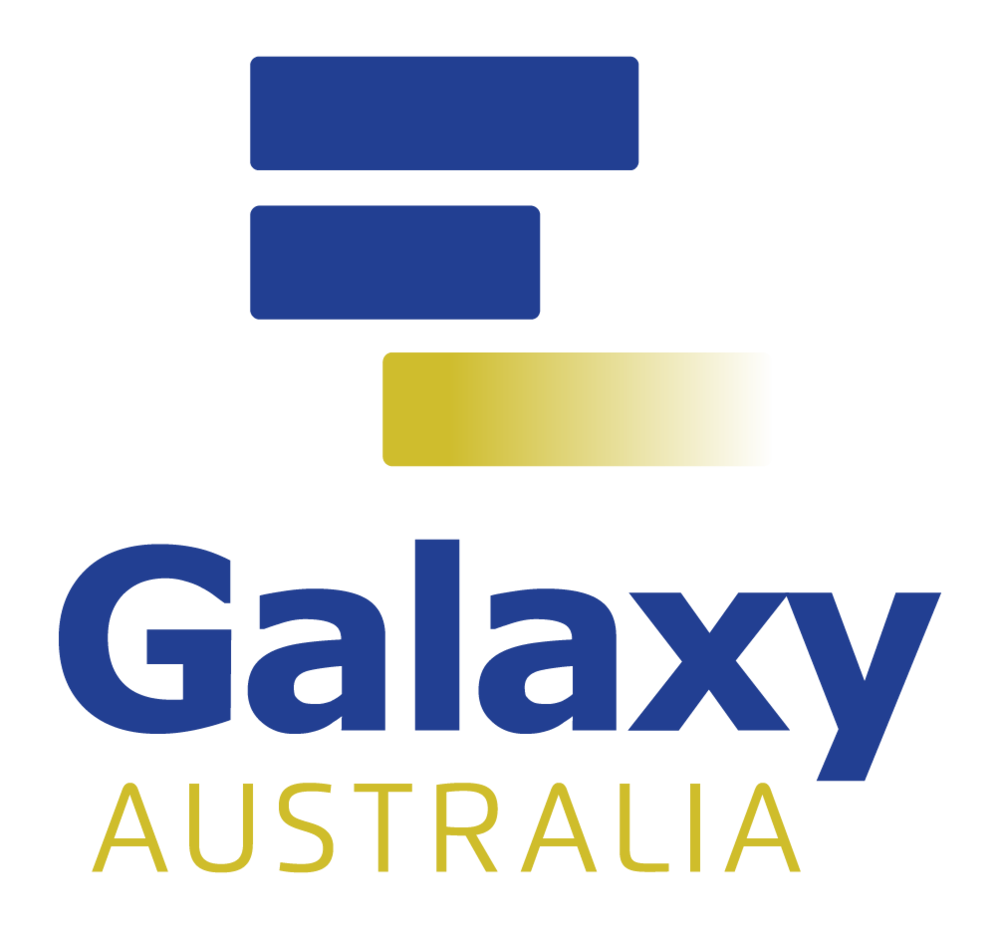Global solutions are built on strong international connections
The Galaxy Australia team has been taking up opportunities to join the international Galaxy community in-person around the world. After years of working intensively online at all hours of the night, it is a joy to be able to meet up with global team members. The excellent progress made through focussing our combined efforts in a shared time and place is evidence that the benefits of working in the same room often outweigh the unfortunate costs of travel between the core Galaxy groups in Australia, Europe and the USA.
Galaxy Australia Lead Engineer, Simon Gladman, from Melbourne Bioinformatics at the University of Melbourne, will jet off today to Freiburg, Germany to contribute to the European Galaxy Days. The events offer an opportunity to drive the future progress of Galaxy, and Simon will present his recent work, discuss future improvements with other Galaxy developers and help to coordinate their efforts to fast track new features.
Several Galaxy Australia team members presented their work at GCC2022 and participated in the following hands-on “CoFest” and deep discussions about Galaxy’s development in Minneapolis, USA in July. Cameron Hyde who works in the Galaxy Australia team from QCIF at University of the Sunshine Coast, was invited by the conference hosts to stay on after the conference to discuss the GalaxyP project in detail. GalaxyP is a multi-omics informatics platform for integrative analysis of genomics, transcriptomics and mass spectrometry-based proteomics and metabolomics data that is under active development at the University of Minnesota in collaboration with the Minnesota Supercomputing Institute. The expansion into the proteomics domain is a current focus for Galaxy Australia to address the need to support Australian researchers in their proteomics analysis, as identified in Australian BioCommons’ Proteomics Analysis Infrastructure Roadmap for Australia. The insights shared between these global collaborators will help the community effort move forward to constantly improve the Galaxy platform for everyone’s benefit.
We are also thrilled to be hosting next year's international Galaxy Community Conference in Australia. The international team who develop Galaxy will be there, along with colleagues from throughout our local region who manage Galaxy instances for their own local research communities. Combining the interests of both developers and users of Galaxy, GCC2023 will be a friendly and fun meeting that is also well suited to researchers who would like to learn more about using Galaxy for their own analyses.
Keep in touch with updates about GCC2023: register your interest here.

